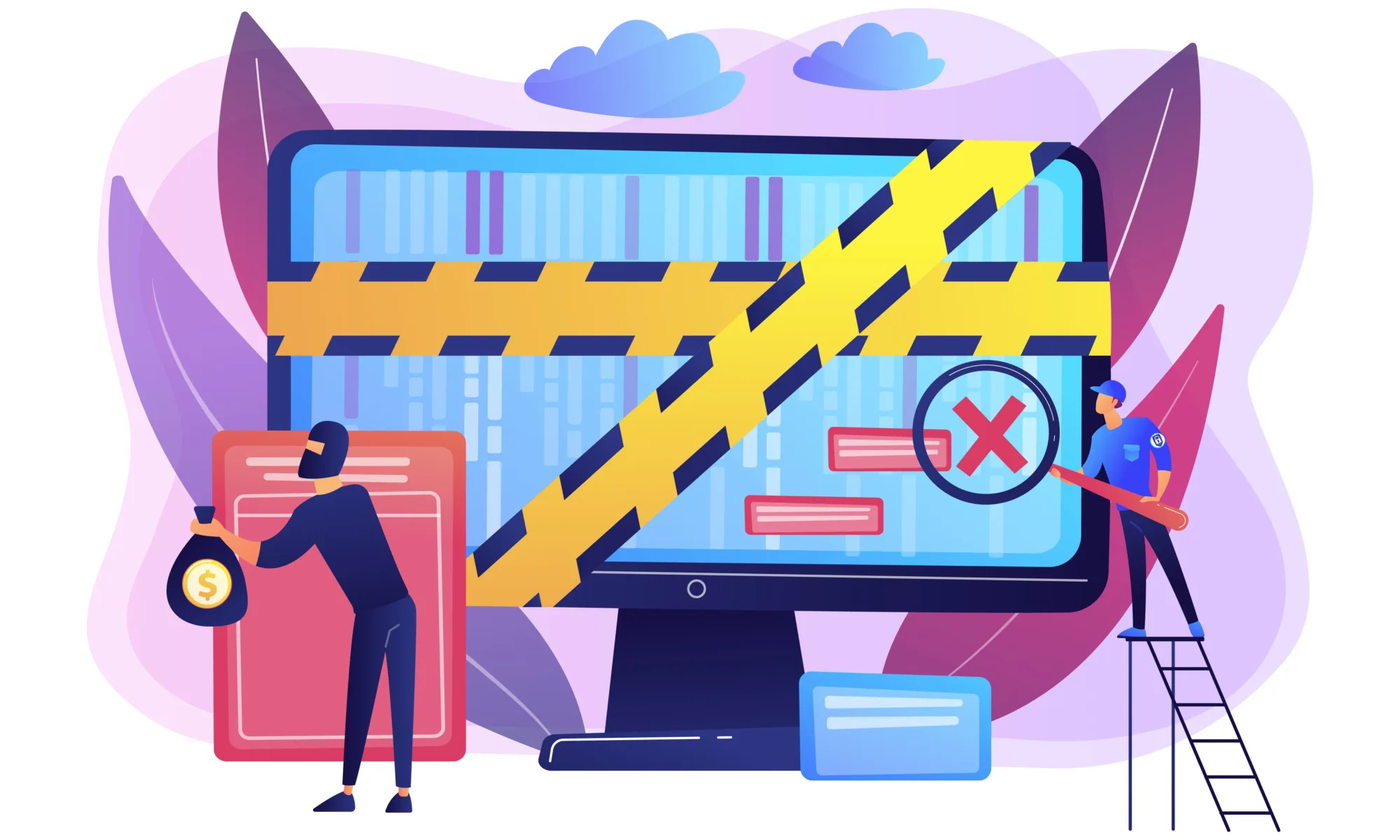Proxy networks are critical because they make data collection easier. Furthermore, data is essential to any business, particularly in the digital era.
Companies can gain a competitive edge, better understand their customers, optimize their products, and enhance their marketing with the aid of data. However, getting data can be complicated, particularly regarding web data.
Web data is frequently dispersed among several sources, shielded from scraping by anti-scraping techniques, or subject to ethical and legal restrictions.
How can companies get the required web data without sacrificing compliance, speed, or quality?
The Crucial Role of Data and Proxy Networks
Web scraping tools are among the most popular methods for accessing web data. Web scraping is the practice of extracting data from websites by simulating human browsing behavior with software.
Businesses can quickly gather a lot of data from various sources using web scraping. But there are drawbacks to web scraping as well, like:
- IP blocking: Based on the IP address of the scraper, websites can identify and prevent requests for web scraping. This may restrict the variety and volume of data that can be gathered.
- Geo-restrictions: Websites can limit user access to their content according to location. Businesses may not be able to access data from other markets or regions as a result.
- Legal and ethical issues: Web scraping may be restricted or forbidden by service terms or website privacy policies. If companies break these terms, they could be subject to legal risks or risk damage to their reputation.
Businesses often use proxy networks to access web data to get around these issues. A network of servers known as a proxy network serves as a middleman between the scraper and the intended website. Using a proxy network, companies can:
- Rotate IP addresses: Every web scraping request from a proxy network can be assigned a unique IP address, which makes it more difficult for websites to identify and block them.
- Bypass geo-restrictions: A proxy network can also supply IP addresses from various nations or areas, enabling companies to access geo-blocked content.
- Comply with legal and ethical standards: By respecting the rate limits, cookies, and consent requirements of the target websites, a proxy network can also assist businesses in adhering to their terms of service and privacy policies.
The Dilemma: Choosing Between Pre-Collected Datasets and Proxy Networks Data Collection
Proxy networks are one option available, but they can make it easier for businesses to access web data. An additional choice is using pre-collected datasets already on the market.
Pre-collected datasets are sets of web data that have been gathered through third-party providers’ scraping and curation. Instead of having to scrape the data themselves, businesses can buy and use these datasets for their needs.
Depending on the business’s requirements and objectives, each option has benefits and drawbacks. Thus, before selecting a course of action, companies must consider the advantages and disadvantages of each option.
Defining Pre-Collected Datasets: A Closer Look
Pre-compiled datasets offer affordable and practical ways to obtain web data. The following are some advantages of utilizing pre-collected datasets:
- Time-saving: By utilizing ready-to-use datasets that have already been compiled, businesses can save time and money by eliminating the need to set up and manage their web scraping software.
- Quality assurance: Companies can trust pre-collected datasets that have been scraped and validated by experts to be accurate and high-quality.
- Variety and coverage: Companies have access to a large selection of pre-compiled datasets covering a variety of subjects, sectors, and domains.
However, pre-collected datasets also have some limitations, such as:
- Lack of customization: Companies might not be able to locate pre-compiled datasets that satisfy their unique requirements or specifications, like the frequency, format, or level of detail of the data.
- Lack of freshness: Using pre-collected datasets that might be out-of-date or incomplete could prevent businesses from accessing the most recent data.
- Lack of exclusivity: Companies may lose their competitive edge if they compete with companies using the same pre-collected datasets.
Proxy Networks: A Comprehensive Overview
Proxy networks are solid and adaptable ways to access web content. The following are a few advantages of using proxy networks:
- Customization: Companies can tailor their web scraping initiatives to meet requirements or specifications, including those related to the format, granularity, source, and frequency of the data.
- Freshness: Businesses can access the most recent information using proxy networks to scrape data in real-time or on demand.
- Exclusivity: Businesses can obtain a competitive advantage by utilizing proxy networks to scrape exclusive and unique data unavailable elsewhere.
However, proxy networks also have some challenges, such as:
- Complexity: Establishing and maintaining their web scraping tools through proxy networks may require technical know-how and resources from businesses.
- Cost: Using proxy networks that charge based on the quantity or duration of the web scraping requests could increase business costs.
- Compliance: Companies may have to ensure that their proxy network-based web scraping operations adhere to the moral and legal requirements of the target websites.
When to Choose Pre-Collected Datasets
Pre-collected datasets are ideal for businesses that:
- Lack of time or resources to configure and maintain their web scraping tools.
- Require web data that is broadly accessible, standardized, and general.
- Do not require frequent or real-time updates.
- Do not face intense competition or market differentiation.
Opting for Data Collection via Proxy Networks
Proxy networks are ideal for businesses that:
- Possess the technical know-how and resources necessary to assemble and operate their own web scraping instruments.
- High levels of competition or market differentiation.
- Need web data that is specialized, customized, and niche.
- Require frequent or real-time updates of the web data.
Conclusion
Although web data is a valuable resource for any company, accessing it can be complicated. Depending on their requirements and objectives, businesses must decide between using proxy networks for data collection and pre-collected datasets.
Pre-collected datasets are economical and practical but might not provide the exclusivity, freshness, or customization that certain businesses require. Although proxy networks are solid and versatile, some companies may not be able to afford the additional complexity, expense, or compliance they may need.
Businesses can make more informed decisions and effectively navigate the data landscape by knowing the advantages and disadvantages of each option. If you decide to use proxy networks, Quick Proxy can be your partner in ensuring ethically sourced residential proxies.











